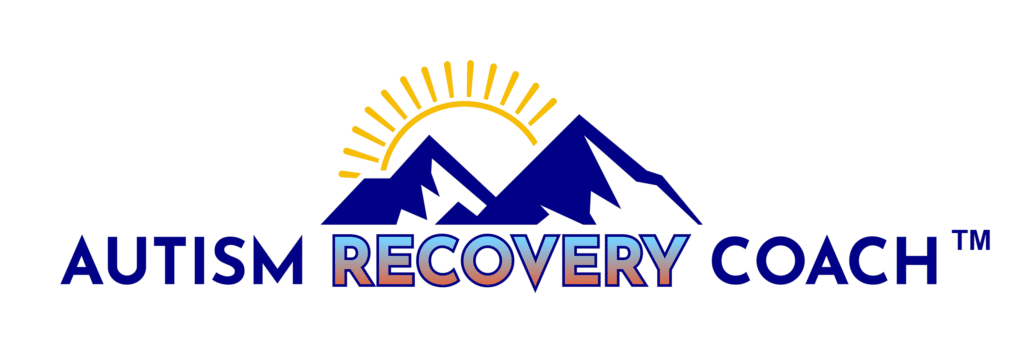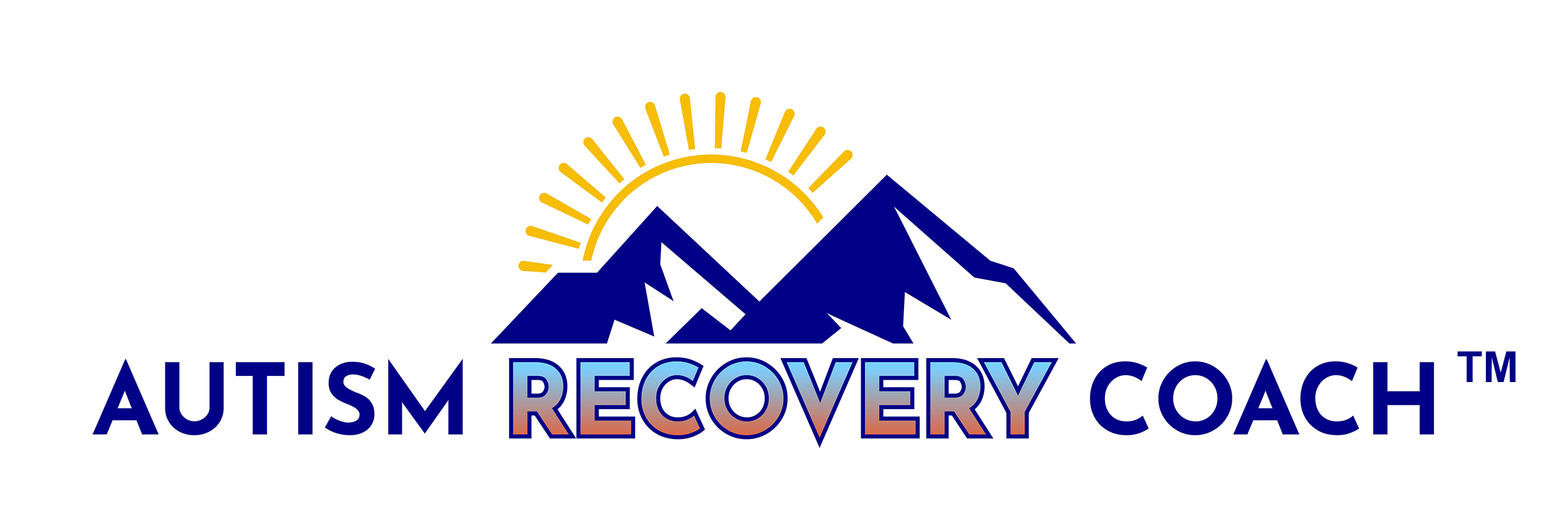Autism Spectrum Disorder (ASD) is a multifaceted neurodevelopmental condition impacting communication, behavior, and social interactions. Although there is no known cure found for autism, studies have demonstrated that nutrition plays a crucial role in the management of autistic symptoms.
In this blog, we’ll delve into the significant impact of diet on autism and explore evidence-based approaches to optimize nutrition for individuals on the autism spectrum.
Understanding Dietary Considerations for Autism
Individuals with autism may have unique dietary needs and sensitivities. It’s essential to be aware of certain dietary considerations while planning their meals:
- Gluten and Casein-Free Diet: Some studies suggest that a gluten-free and casein-free diet might benefit some individuals with autism. Gluten is a protein found in wheat, while casein is a protein present in dairy products.
- Food Sensitivities: Children with autism may experience food sensitivities more frequently than the general population. Identifying and eliminating trigger foods can positively impact their behavior and overall well-being.
- Balanced Nutrition: A balanced diet that includes a variety of nutrient-dense foods is essential for overall health. Nutrient-rich foods can support cognitive function and promote overall development.
Potential Benefits of Specific Diets for Autism
- Ketogenic Diet: The Ketogenic diet, which is low in carbohydrates and high in healthy fats, has shown promise in reducing seizures in some individuals with autism.
- Omega-3 Fatty Acids: Studies have suggested that supplementing with omega-3 fatty acids might improve certain autism-related behaviors, such as hyperactivity and attention problems.
- Probiotics: Probiotics, often referred to as “good bacteria,” can positively influence gut health, which may, in turn, impact autism symptoms, as there is a known connection between gut health and brain function.

Evidence-Based Approaches to Optimizing Nutrition
- Consulting with an Autism Specialist: Seeking guidance from an autism specialist consultant can provide personalized dietary recommendations based on the individual’s specific needs and sensitivities.
- ASD Coaching for Nutrition: Autism coaches for adults and children can offer valuable support in adopting and maintaining a healthy diet. They can work with families to develop effective meal plans and address any challenges that may arise.
- Supplements for Autism Recovery: Under the guidance of a healthcare professional, specific supplements may be recommended to support overall health and well-being.
Empower Autism Recovery with Evidence-Based Nutrition!
Nutrition can significantly impact autism symptoms, and making informed dietary choices is crucial for individuals on the autism spectrum.
Consulting with experienced professionals for Autism coaching services, such as Autism Recovery Coach LLC, led by Christopher Soppet, can be immensely beneficial. With over 20+ years of data to draw upon, my ASD coaching for both adults and children utilizes the most evidence-based strategies to empower families and individuals on their autism recovery journey.
Remember that every individual is unique, and what works for one person may not work for another. Thus, always schedule a consultation appointment before making significant dietary changes, and together, we can contribute to a brighter future for individuals on the autism spectrum.



